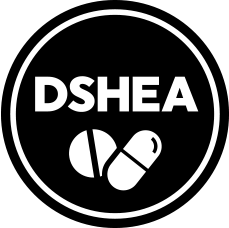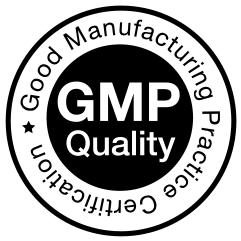
DSHEA Act
The Dietary Supplement Health and Education Act of 1994 was enacted to prohibit dietary supplement manufacturers and distributors from making false claims, such as “natural” and “therapeutic,” on supplement labels. The law also prohibits the manufacture and sale of adulterated dietary supplements.
The DSHEA aims to make dietary supplements safer by forbidding manufacturers and distributors from producing and selling mislabeled or adulterated products. The DSHEA requires that the manufacturer of the dietary supplement ensures their product meets DSHEA and FDA regulations. The FDA can take action against any dietary supplement that is mislabeled or adulterated only after it hits the market. Manufacturers must alert the FDA of any serious issues (i.e., adverse events associated with their product) that occur.

USA FDA Registration
FDA (Food and Drug Administration), a government agency responsible for the safety of food, dietary supplements, human drugs, vaccines, blood products and other biologicals, medical devices, radiation-emitting electronics, cosmetics, veterinarian products and tobacco products being sold or manufactured in the United States. The FDA also inspects and enforces regulations related to these industries.
Organizations that manufacture, re-pack or re-label products in the aforementioned industries must register with the FDA, with the exception of cosmetics, where registration is voluntary.
The registration process varies dependent on the industry but generally involves an annual registration in which organizations are required to list all drugs being manufactured, prepared, propagated, compounded, or processed for commercial distribution in the U.S. Inspection results for FDA registered organizations are available on the FDA website.

cGMP Certification
The manufacturing facilities at Nutritional Frontiers are cGMP (current Good Manufacturing Practices) and inspected by the US FDA. All the Nutritional Frontiers’ products are produced in a cGMP facility and come with a 100% guarantee for purity and potency.
Essentially, GMP makes supplement manufacturers responsible for adhering to a specific set of manufacturing processes, safety procedures, and packaging standards to ensure that dietary supplement labels are truthful and that actual dietary supplement contents match the contents on the Supplement Facts label and are not misleading – in any way.
The GMP regulations are set in place to guarantee to consumers that strength and potency claims and ingredients statements on Supplement Facts label panels are accurate. GMP also makes dietary supplement manufacturers responsible for reporting product quality problems. GMP is meant to reassure consumers that dietary supplements will not have unsafely high ingredients concentrations, will not have harmful contamination from substances such as toxins, bacteria, pesticides, glass, lead, or other heavy materials, and will not have inaccurate ingredients statements on the Supplement Facts label or misleading claims about ingredients and health benefits.
When the FDA issued its final rule about GMP for dietary supplements in June of 2007, Commissioner of Food and Drugs Andrew C. von Eschenbach, stated, “This rule helps to ensure the quality of dietary supplements so that consumers can be confident that the products they purchase contain what is on the label.”
cGMP Guarantees Purity and Potency
In addition, everything is tested for:
- Microbes
- Heavy Metals
- Certificate of Analysis
- Label Claim


